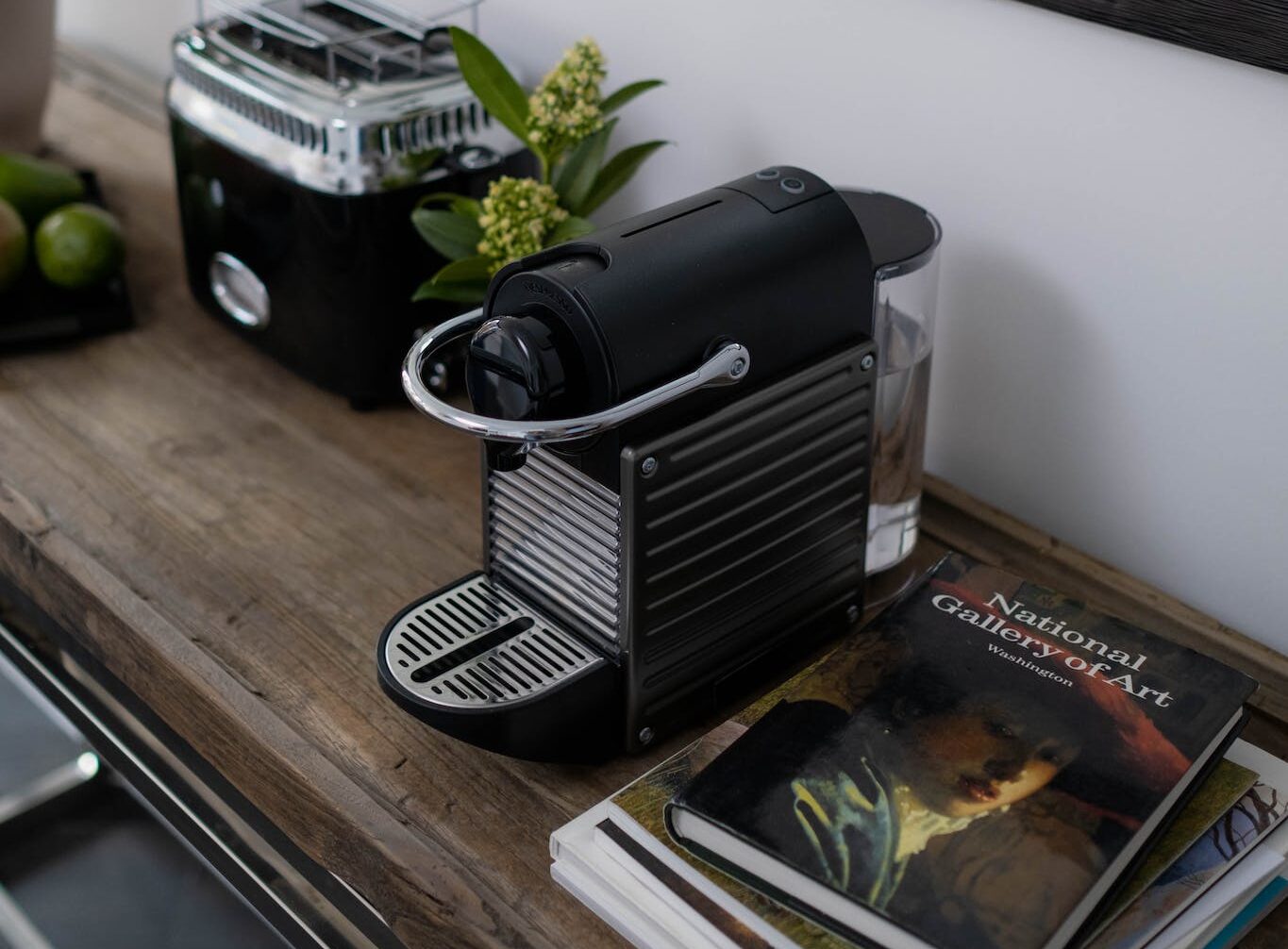Arabic Coffee Vs Turkish Coffee
There are some affiliate links below, but they are all products I highly recommend. For more info, view my disclosure here.
When it comes to coffee, you might find yourself torn between the nuances of Arabic coffee and the boldness of Turkish coffee. Each has its roots deeply embedded in culture and tradition, offering a unique experience that goes beyond just taste. You'll notice how the brewing methods and serving rituals set them apart. But what truly elevates one over the other? Explore the intricacies that define these beloved beverages.
The Origins and Cultural Significance of Arabic Coffee
While many people enjoy coffee around the world, Arabic coffee holds a unique place in Middle Eastern culture. Its origins trace back centuries, deeply intertwined with traditions and hospitality.
When you sip Arabic coffee, you're not just tasting a beverage; you're experiencing a rich heritage. Often served in small cups, it symbolizes generosity and friendship. Sharing a pot of Arabic coffee invites conversation and connection, fostering a sense of belonging among friends and family.
The preparation involves lightly roasting the beans and adding spices like cardamom, creating a distinctive flavor. This ritual reflects the values of warmth and community, making every cup a celebration of shared moments.
Embracing Arabic coffee allows you to connect with a culture that cherishes togetherness.
The Art of Brewing Turkish Coffee
Brewing Turkish coffee is an art that combines precision and tradition, transforming simple ingredients into a rich, aromatic experience.
Start with finely ground coffee beans, ideally roasted to perfection. Measure the coffee, sugar, and water carefully; each component matters. Use a cezve, the traditional pot, to bring everything together.
As you heat the mixture, watch for the foam to rise—this is where the magic happens. Don't let it overflow! When the foam settles, remove it from the heat, and pour gently into your cup.
Enjoy the ritual of serving, perhaps with a sweet treat. This isn't just about coffee; it's about connecting with loved ones, sharing stories, and creating moments that linger long after the last sip.
Flavor Profiles: What Sets Them Apart
After savoring the rich experience of Turkish coffee, it's time to explore how Arabic coffee distinguishes itself through its unique flavor profile.
While Turkish coffee offers a bold, strong taste with a hint of sweetness, Arabic coffee embraces a lighter, more aromatic essence. You'll notice a delightful blend of cardamom, cloves, or even saffron, creating a warm and inviting experience.
The brewing method involves lightly roasting the beans, allowing the delicate flavors to shine through without overwhelming the palate.
When you sip Arabic coffee, you're not just tasting a beverage; you're connecting with a tradition that celebrates community and hospitality. Each cup invites you to share stories and laughter, making it a cherished part of gatherings and friendships.
Traditional Serving Methods and Customs
When you delve into the world of Arabic coffee, you'll discover that its serving methods and customs are just as rich and inviting as the drink itself.
Traditionally, it's served in small, handle-less cups called finjans, allowing you to savor every sip. You'll often find coffee presented on a beautiful tray, accompanied by dates or sweet treats—a gesture of hospitality that makes you feel welcome.
As you share this experience with friends or family, the ritual of serving and receiving coffee becomes a bonding moment. You'll notice that coffee is poured from a distinctive pot called a dallah, and the act of pouring is as meaningful as the coffee itself, symbolizing generosity and connection.
Embrace these traditions and feel the warmth of community.
Health Benefits and Nutritional Aspects
As you enjoy the rich customs surrounding Arabic coffee, it's worth considering its health benefits and nutritional aspects. This beloved beverage isn't just a social tradition; it also packs a punch for your well-being.
Arabic coffee is low in calories and rich in antioxidants, which help combat inflammation and protect your cells. The moderate caffeine content can boost your energy and improve mental alertness, enhancing your day-to-day experiences.
Plus, the unique spices often added can aid digestion and promote overall health. When you sip that warm cup, you're not just indulging in a cultural ritual; you're also nourishing your body and spirit.
Embracing Arabic coffee means connecting with a community that values both tradition and wellness.
Conclusion
Whether you prefer the aromatic spices of Arabic coffee or the bold richness of Turkish coffee, both offer a unique experience that reflects their cultural roots. Each cup tells a story, inviting you to savor the moment and connect with tradition. So, next time you enjoy either brew, take a moment to appreciate the flavors and customs behind it. Embrace the warmth of hospitality and the joy of sharing, as both coffees bring people together.


![How to Make Cold Brew Coffee at Home Without Special Equipment [Easy Guide] 2 A barista prepares an iced coffee using drip filters in a coffee shop setting.](https://coffeebeanscene.com/wp-content/uploads/2025/06/a-barista-prepares-an-iced-coffee-using-drip-filters-in-a-coffee-shop-setting.-5946976-scaled.jpg)


